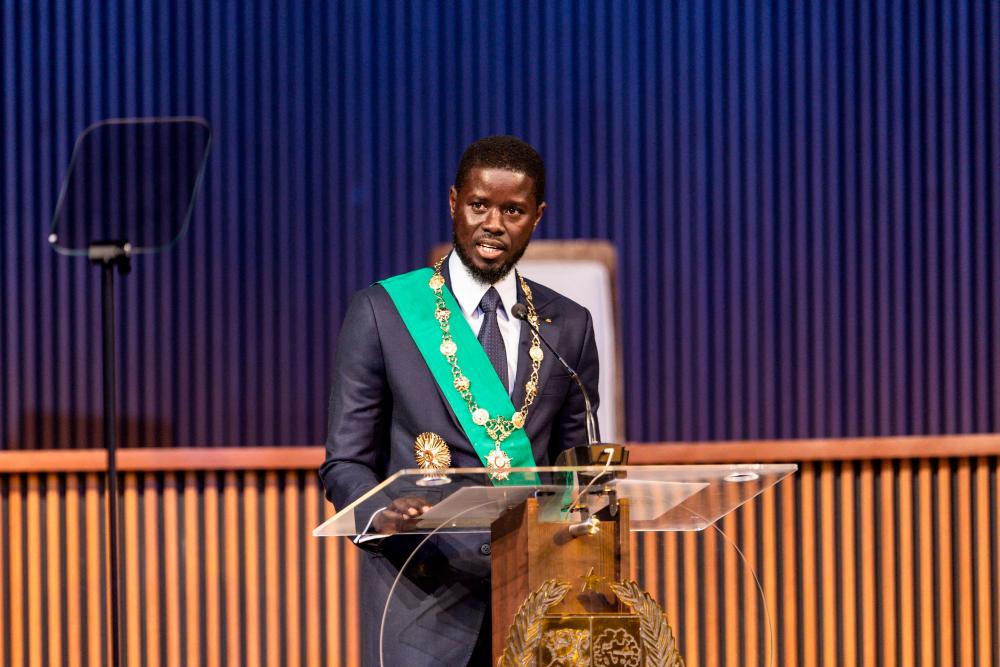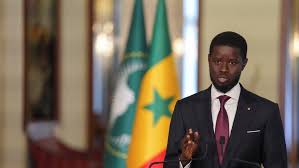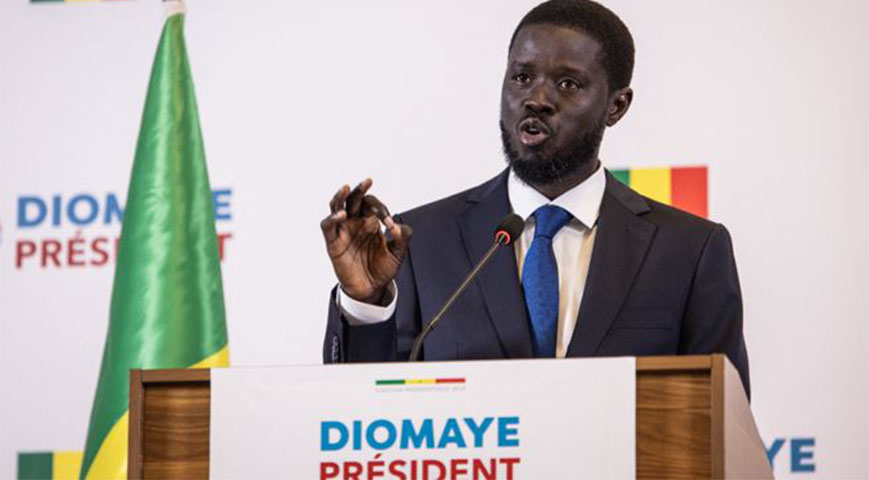Senegal’s President, Bassirou Diomaye Faye, dissolved the opposition-led parliament on Thursday and called for legislative elections on November 17.
Faye, who was elected six months ago on an anti-establishment platform, urged citizens to grant his party a mandate to fulfill the "systemic transformation" he promised.
In a televised address, he emphasized the importance of the upcoming elections to advance his government’s economic agenda, which aims to reduce external dependencies.
Did you read this?
At 44, he became Africa's youngest leader and has garnered strong support from Senegal’s youth, reflecting widespread dissatisfaction with the country’s previous direction.
His election victory followed his release from prison, adding to his campaign's momentum against corruption and advocating for greater control of Senegal’s natural resources.

A key aspect of Faye’s vision includes renegotiating contracts with international energy companies and reviewing foreign fishing permits.
He also advocates for Senegal’s withdrawal from the CFA franc, a currency established by France in 1945 and still used in several West African nations.
Faye's administration has faced challenges in implementing reforms, with Faye and Prime Minister Ousmane Sonko blaming parliament for the delays.
Supporters view the dissolution of parliament as a strategic move to gain a legislative majority and overcome the impasse.

Opposition leaders, including those from former President Macky Sall’s Benno Bokk Yaakar coalition, have condemned the dissolution. They accused Faye of violating legal procedures by calling a legislative session to announce the move.
Despite the criticism, Faye’s popularity suggests his PASTEF party is well-positioned to secure a majority in the upcoming election.









